
Charles R. Kelley – Life Force – The Creative Process In Man And In Nature (2004)
Salepage : Charles R. Kelley – Life Force – The Creative Process In Man And In Nature (2004)
Arichive : Charles R. Kelley – Life Force – The Creative Process In Man And In Nature (2004)
Storms and galaxies result from atmospheric matings. People become more autonomous. Kelley bridges the two with provocative discoveries about the life force that bring hope for us all.
Charles R. (Chuck) Kelley, Ph.D. is a philosopher of science, an explorer and engineer of the life force, and an applied experimental psychologist. He was a student of Wilhelm Reich, and after Reich’s death in 1957 he published The Creative Process, America’s only scientific periodical devoted to furthering Reich’s work at that time. By the late sixties he developed his own system of Radix® education in feeling and purpose, and he and his wife Erica ran a retreat center in California until 1987, offering residential programs and training professionals from around the world.
Apart from his reputation in the personal growth field, Kelley has served as a professor and scholar on the faculties of several universities, and was Chief Scientist with a firm of human factors engineers, at which time John Wiley & Sons published his MANUAL AND AUTOMATIC CONTROL. As a Visiting Scientist in Europe under sponsorship of the NATO Division of Scientific Affairs, he addressed topics such as “Man and Technology” and “Mechanism and Mysticism.” He was made a Fellow of the American Psychological Association, the American Psychological Society, and the Masters and Johnson Institute, and a Diplomate in sexual research by the American Board of Sexology.
A former weather forecaster, he published A NEW METHOD OF WEATHER CONTROL in 1961 describing his experiments with a device built by Reich to influence the weather. Other writings about Reich, Radix and the life force have appeared across the years in The Orgone Energy Bulletin, The Creative Process, The American Psychologist, Energy and Character, The Journal of Humanistic Psychology, Pilgrimage, and The Radix Journal, and in numerous books and monographs.
Kelley continues to study and teach about the life force while enjoying the beauties of the Pacific Northwest and the close proximity (but not too close!) of his children and grandchildren.
What is health?
The word health refers to a state of complete emotional and physical well-being. Healthcare exists to help people maintain this optimal state of health.
According to the Centers for Disease Control and Prevention (CDC), healthcare costs in the United States were $3.5 trillionTrusted Source in 2017.
However, despite this expenditure, people in the U.S. have a lower life expectancy than people in other developed countries. This is due to a variety of factors, including access to healthcare and lifestyle choices.
Good health is central to handling stress and living a longer, more active life. In this article, we explain the meaning of good health, the types of health a person needs to consider, and how to preserve good health.
In 1948, the World Health Organization (WHO)Trusted Source defined health with a phrase that modern authorities still apply.
“Health is a state of complete physical, mental, and social well-being and not merely the absence of disease or infirmity.”
In 1986, the WHOTrusted Source made further clarifications:
“A resource for everyday life, not the objective of living. Health is a positive concept emphasizing social and personal resources, as well as physical capacities.”
This means that health is a resource to support an individual’s function in wider society, rather than an end in itself. A healthful lifestyle provides the means to lead a full life with meaning and purpose.
In 2009, researchers publishing inThe LancetTrusted Source defined health as the ability of a body to adapt to new threats and infirmities.
They base this definition on the idea that the past few decades have seen modern science take significant strides in the awareness of diseases by understanding how they work, discovering new ways to slow or stop them, and acknowledging that an absence of pathology may not be possible.
Charles R. Kelley – Life Force – The Creative Process In Man And In Nature (2004)
Readmore About : Charles R. Kelley





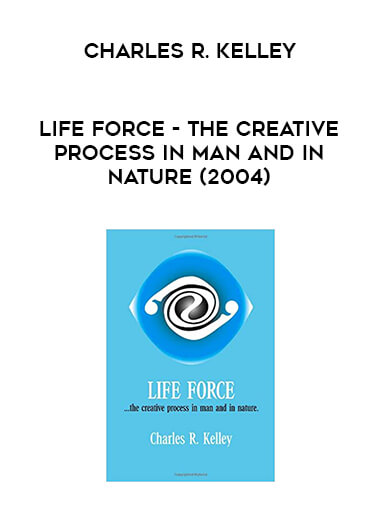
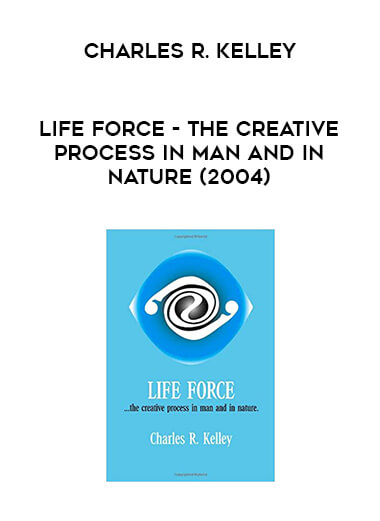
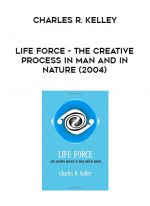
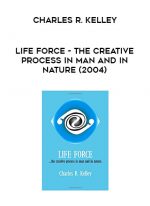
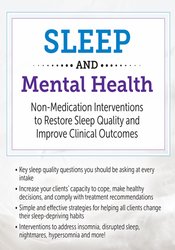






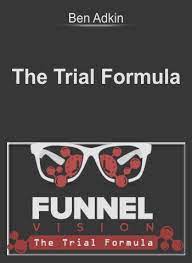




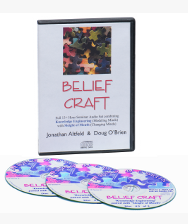
















Reviews
There are no reviews yet.